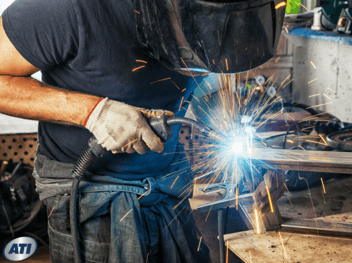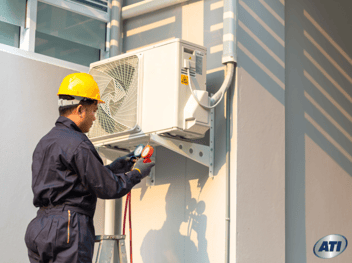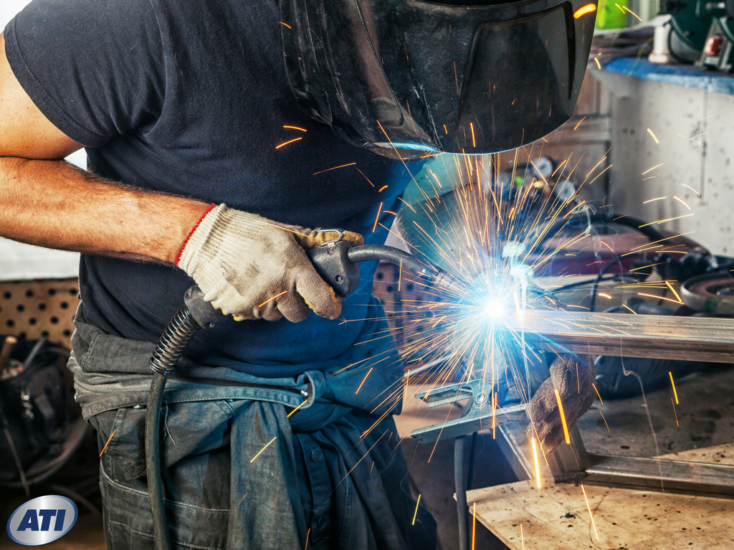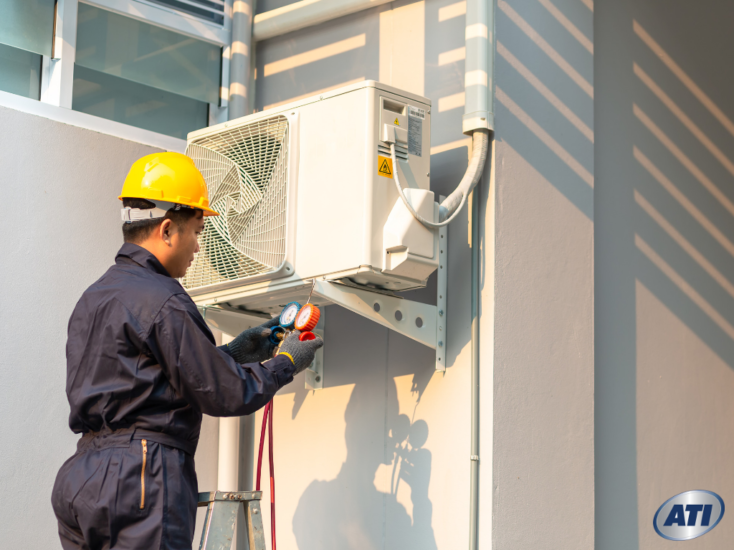Why is HVAC a Good Career Choice in Virginia?
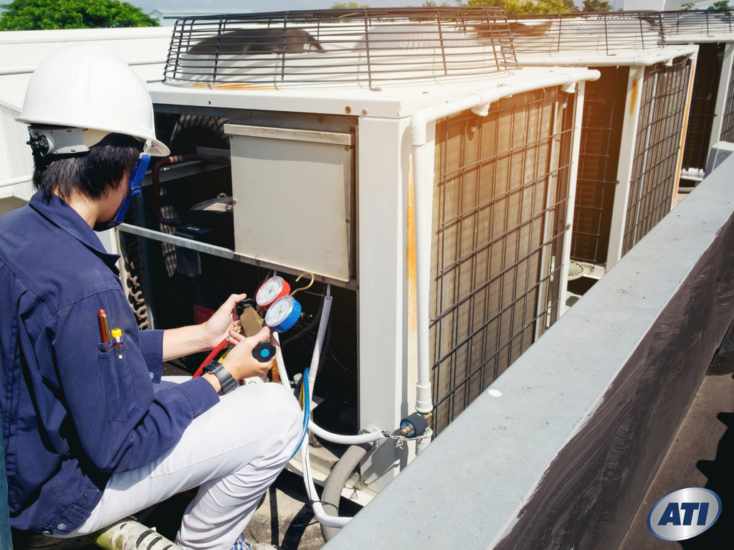
If you’d really like to find a career that offers steady long-term prospects, consider studying to become an HVAC repair technician. This is especially true if you plan to live in Virginia. Efficient, strong air conditioning and heating are vital for comfort because summers in Virginia are extremely hot and humid, while winters are cold and usually see about a foot of snow in many areas of the state. As the weather gets wilder, climate control will become even more important. Start learning about HVAC maintenance now so that you can take advantage of a growing field.
Climate and Comfort made Possible by HVAC Technology
In July 2016, station WDBJ reported that Virginia summers had become hotter and more humid over the previous 35 years, and those months were on track to keep getting hotter and even more humid. While winters haven’t received the same treatment and have been fairly standard (with the exception of the recent massive freeze that covered the eastern half of the nation and brought snow and ice to even the coastal portions of the Southeast), those standard temperatures are still cold enough to regularly drop snow on much of the region.
This means that residents and businesses alike need HVAC systems to be in excellent condition. Air conditioners need to cool effectively while also removing ever-increasing amounts of moisture from the air; swamp coolers won’t cut it. Heaters need to be able to take the chill off of a winter’s day.
If someone’s HVAC system doesn’t work well, then the person could experience several negative effects. One is that the humidity level in the building could rise substantially. This can lead to irritability and trouble sleeping, as can a rise in the temperature alone. Because HVAC systems also handle ventilation, a drop in efficiency or a breakdown of the system can result in excessive dust in the building as well as poor removal of odors.
Job Security
Of course, for those who work in the HVAC repair field, these climate issues mean that there will be an increased possibility of job security for good HVAC repair and installation technicians. Studying in an accelerated course also gives you the opportunity to finish sooner and start getting real world experience. You will need plenty of experience to get hired by a top company.
Work Requirements
HVAC technicians should be licensed by the state they work in. They can also have a number of optional certifications, such as the North American Technician Excellence (NATE) certification, that show that they know what they’re doing. Certifications show that the tech has undergone professional training and isn’t just winging it during a repair appointment.
Formal Training vs. On the Job
It is possible to learn all about HVAC repair on the job; all you need is someone willing to take you on as an apprentice-type employee. However, starting with formal education in HVAC maintenance gives you a better sense of how each component of the HVAC system works to keep the building comfortable. In addition, how each type of air conditioner or heater compares to others, and what issues seem to be most common in each season.
Through a formal study program, you can also meet other people who will become your colleagues, giving you a network that you can tap into when you start working outside of school. That network will help you when you need to find specialists and subcontractors.
ATI Could be the Opportunity You’ve Been Waiting For
Advanced Technology Institute’s Heating, Ventilation, and Air Conditioning (HVAC) Technology program leads to an associate’s degree in Occupational Science. This 75-week program covers everything from basic HVAC system components to technical writing. If you’re ready to take that leap, contact us today — we’re waiting to hear from you.

Industry Knowledge
Welcome to the Advanced Technology Institute's Blog, your resource for industry insights and discussions on technologies shaping the future of automotive, heavy vehicle, hvac, welding, and other related career paths.
Explore how ATI's curriculum and hands-on learning opportunities can propel your career in the tech-driven world.

